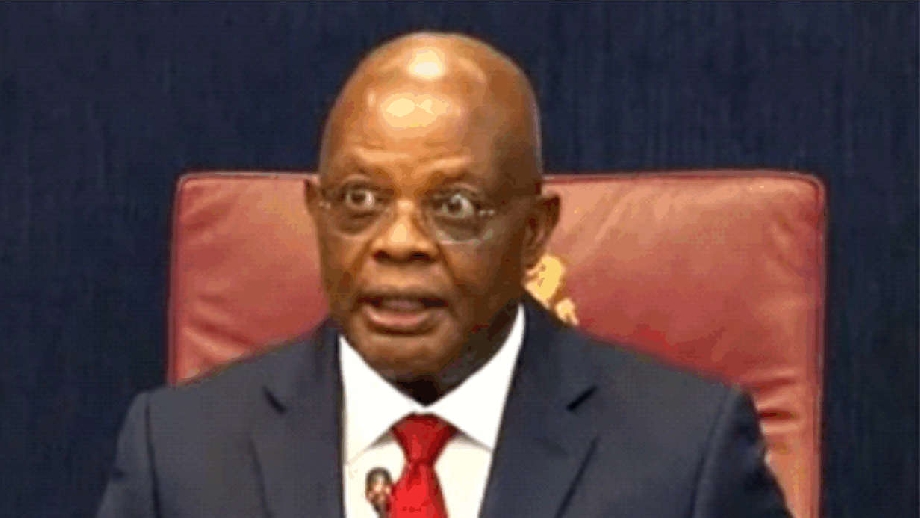
In recent weeks, Nigeria's democratic fabric has come under intense scrutiny following the controversial appointment of a Sole Administrator in Rivers State, a move that legal minds, political analysts, and civil society actors have widely condemned as unconstitutional.
At the center of this unfolding drama are members of the 10th National Assembly, whose response or lack thereof has raised genuine questions about its role, powers, and independence in a functional democracy. The National Assembly, composed of the Senate and the House of Representatives, is the legislative arm of the federal government. Its core responsibilities include lawmaking, representation, appropriation (budgeting), and oversight of the executive arm. Oversight functions allow the legislature to monitor and investigate the activities of the executive branch to ensure transparency, accountability, and constitutional compliance. This includes probing financial expenditures, scrutinizing appointments, and questioning decisions made by government officials, including the president. But according to pundits, when these checks are ignored or weakened, democracy begins to lose its guardrails. This situation, many believe, is evident in the condition Rivers State has been exposed to due largely to the way and manner a Sole Administrator other than the democratically elected governor was imposed on the people since a month ago.
In a move that shocked many, a Sole Administrator was appointed to govern Rivers State, an action widely and honestly believed to be initiated without due constitutional process. The situation became more controversial when the National Assembly adopted a voice vote to ratify a state of emergency request by President Bola Ahmed Tinubu, despite there being no visible security or constitutional basis for such a declaration. They are also accused of abdicating their responsibility in monitoring the activities of the Sole administrator, who had gone ahead to implement policies not approved by the National Assembly. Following his appointment, Retired Vice Admiral Ibok-Ete Ibas began making a string of political appointments, most of which have been criticized as aligning with the FCT Minister, Nyesom Wike. Critics argue that these appointments undermine the democratic institutions in Rivers State, bypass the will of the people, and set a dangerous precedent for executive overreach. Some analysts believe that the 21-man committee of the House of Representatives set up to oversee the activities and mandates of the Sole Administrator in the state will not yield the much-desired results because, from inception, the lawmakers have given up their responsibilities as enshrined in the Constitution.
A Dormant Watchdog?
Speaking on the above situation, Port Harcourt-based lawyer, Soseliprim Williams, described the National Assembly as a “captured institution,” accusing it of rubber-stamping presidential decisions without critical evaluation. He insists that any actions taken by the Sole Administrator must be scrutinized and ratified by the Assembly, yet this hasn't happened since his appointment. Similarly, Philip Agu, the National Treasurer of the Ijaw National Congress (INC), called the Assembly “compromised,” questioning why no budget has been passed to support the Sole Administrator’s activities and why lawmakers sidestepped proper legislative voting procedures. Meanwhile, another legal practitioner, Uche Ollewunne, while more hopeful about the Assembly’s future role, criticized their current passivity, insisting they are failing their oversight responsibilities.
Implications for Democracy
This situation in Rivers State is more than a state-level concern—it is a litmus test for Nigeria’s commitment to the rule of law and constitutional governance. If the National Assembly continues to stay silent or passive in the face of such executive overreach, it not only weakens its credibility but threatens the balance of power between the branches of government. Nigerians are watching. Democracy thrives on active checks and balances, not silent consent.


